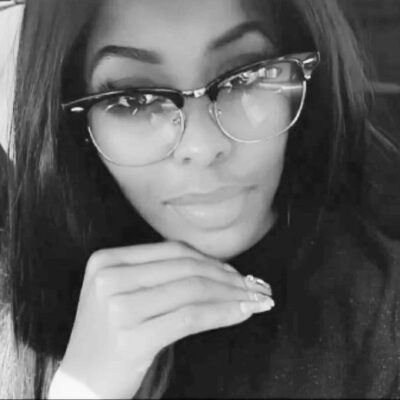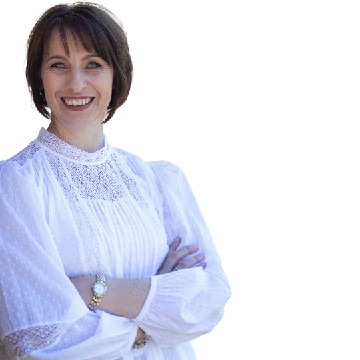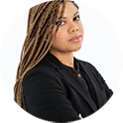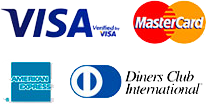Intro to Couple Counselling
R3,575.00

Course Overview
Do you have foundational counselling knowledge and skills? Enhance your counselling skillset with the latest couple counselling methodologies and practices.
The Intro to Couple Counselling short course is designed for mental health practitioners who wish to further their understanding of the dynamics of couple therapy.
This short course explores foundational concepts in contemporary couple counselling, covering a broad range of topics. Delve into the dynamics of modern relationships and explore ethical practices and advanced counselling techniques across different contexts, including diverse cultural backgrounds and LGBTQIA+ affirmations.
Gain expertise in understanding and integrating theories such as Emotionally Focused Therapy, the Gottman Method, Acceptance and Commitment Therapy, Dialectical Behaviour Therapy and Narrative Approaches.
The course aims to equip mental health practitioners with skills to enhance emotional connections, manage relationship dynamics, and apply culturally competent practices.
Understand and address the unique challenges of diverse couples and develop strategies for complex matters like infidelity, blended families and managing finances. Acquire inclusive, sensitive, and effective counselling skills that promote healthier and more resilient relationships.
FAQs
What are the entry requirements?
Anyone 18 years of age or older can sign up for this short course. There are no academic entry requirements or conditions.
Who is this short course for?
This short course is for anyone interested in understanding couple therapy.
What is the time commitment?
A total of 65 hours is required to complete the short course.
What do you need to do the short course?
- Access to Microsoft Word
- Google Chrome (recommended)
- Stable internet connection
Is the short course accredited?
The short course is not accredited and non-credit bearing.
What is couple counselling?
Couple counselling aims to help couples gain a better understanding of negative patterns within their relationship and how to shift towards positive ones. Read more here.
Course highlights
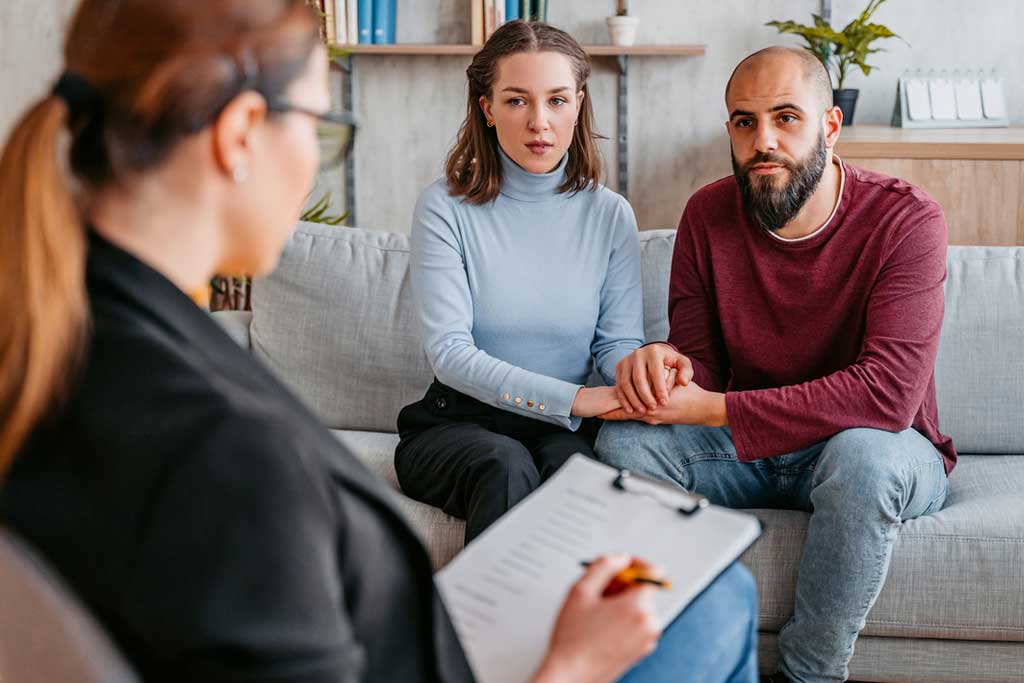
-
Explore therapeutic approaches and couple's counselling interventions.
-
Acquire inclusive counselling skills and understand challenges faced by diverse and same-sex couples.
-
Learn counselling techniques that help manage emotional connections and navigate complex issues.
Dates and Registration
- Class of 2025 Jul-Sep: 1 July – 30 September
- Class of 2025 Oct-Dec: 1 October – 31 December
Short course classes are on demand allowing you to register at any time and move through course content at a time that suits you. Learners will have access to the course for the class period they choose when registering.
Learner Experience
Certification
Upon completion, you will receive a digital certificate of completion. This certificate verifies your newfound knowledge and skills.
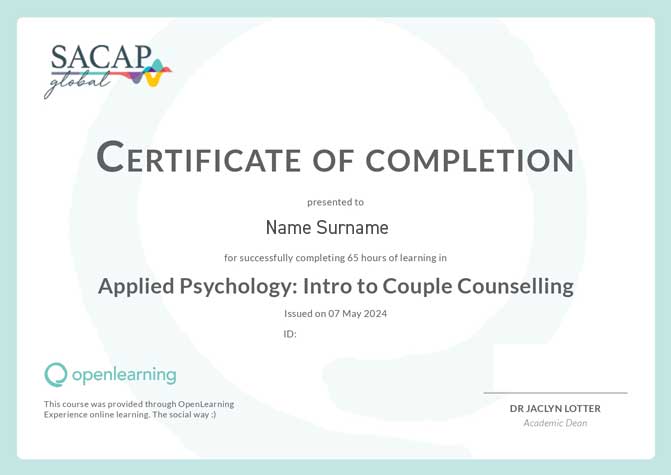
The Intro to Couple Counselling short course has been designed and developed by experts in the field of psychology. The course is for mental health practitioners who wish to further their understanding of the dynamics of couple therapy and offers +/- 65 hours of learning.
What You’ll Learn
Through course videos, readings and discussions, you will explore the following topics:
- The current landscape of contemporary couple counselling, the intricacies and obstacles contemporary couples encounter, and the progression of counselling methods designed to tackle these concerns, all the while illustrating an awareness of ethical standards in couple counselling.
- Identify and understand the broad spectrum of challenges and issues facing modern couples.
- Integrate attachment theory, trauma-informed care, and narrative approaches to effectively assess, understand, and enhance dynamics within couples counselling.
- The foundational principles and techniques of Emotionally Focused Therapy (EFT), the Gottman Method, Acceptance and Commitment Therapy (ACT), and Dialectical Behaviour Therapy (DBT), Self Psychology and Imago, with an integrated Biopsychosocial Approach to Couples Therapy.
Course Outcomes
By the end of this course you will be able to:
- Formulate effective counselling strategies, using contemporary theories and practices.
- Apply ethical practice in couple counselling; competence, clear boundaries, confidentiality, and informed consent.
- Appreciate the complexity and diversity of challenges in today’s relationships: blended families, cyber relationships, libido differences, communication, finances, children, religion, culture, family interference, trust, love languages, infidelity, work away from home, no commonalities, role expectations, changes in health, stress.
- Recognise the limitations and contraindications of couples counselling in the context of domestic violence.
- Identify Different Attachment Styles and Their Impact on Romantic Relationships.
- Apply Attachment Theory to Assess and Improve Couple Dynamics.
- Evaluate the Difference Between Effectively Functioning (Functional) Relationships in Contrast to Dysfunctional Relationships.
- Describe the foundational principles of trauma-informed care and their critical importance in the context of couple counselling, recognising how trauma can uniquely impact each partner and the relationship as a whole.
- Enhance your skills to manage cultural conflicts and differences effectively, ensuring that therapy is inclusive and supportive of varied cultural expressions and values.
- Formulate ethical approaches for managing separations and divorces, ensuring that counsellors maintain neutrality and facilitate discussions impartially.
- Identify key trends and emerging concepts in gender and sexual identity that impact counselling practices, ensuring up-to-date, relevant therapeutic approaches.
- Provide affirming, inclusive, and culturally sensitive care to LGBTQIA+ clients, addressing their unique needs and fostering a supportive counselling environment.
The Team
The SACAP Global team brings a wealth of knowledge and practical experience across various disciplines. Our expert short course developers and dedicated support team are passionate about sharing their insights to help you get the most out of your online learning journey.
